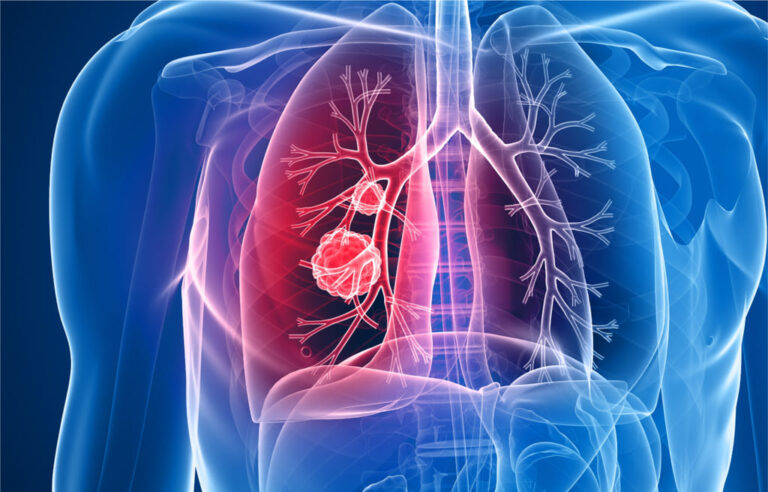**Symptoms of Prostate Cancer**
The symptoms of prostate cancer are very similar to those of prostate enlargement (benign prostatic hyperplasia), making it necessary for a doctor to conduct examinations for an accurate diagnosis. Since early-stage prostate cancer often shows no obvious signs, regular check-ups are crucial. If the tumor grows larger or begins to metastasize, it may cause one or more of the following symptoms. If any of these signs appear, appropriate screening should be undertaken promptly:
– Frequent urination, especially during the night.
– Difficulty urinating, struggling to pass urine for extended periods.
– Pain or burning sensation during urination or ejaculation.
– Blood in the urine or semen.
– Pain or stiffness if cancer spreads to the bones, pelvis, or spine; patients may also experience fatigue, loss of appetite, and weight loss.
**Causes of Prostate Cancer**
Although the exact cause of prostate cancer is not yet fully understood, the following factors may increase the risk:
– **Age:** Two-thirds of prostate cancer cases occur in men aged 65 and older, while cases in men under 50 are extremely rare.
– **Race and Diet:** Men in Western countries have a higher risk compared to Asian men. Data suggest that traditional Western high-fat diets may increase the risk, which also helps explain why diseases like breast cancer and colorectal cancer have been increasingly common in Hong Kong in recent years.
– **Prolonged Lack of Exercise:** In addition to its cancer-preventing benefits, recent studies indicate that exercise may also slow the progression of prostate cancer in patients.
– **Family History:** Having a close relative, such as a father or brother, who has had prostate cancer may double the risk.




















